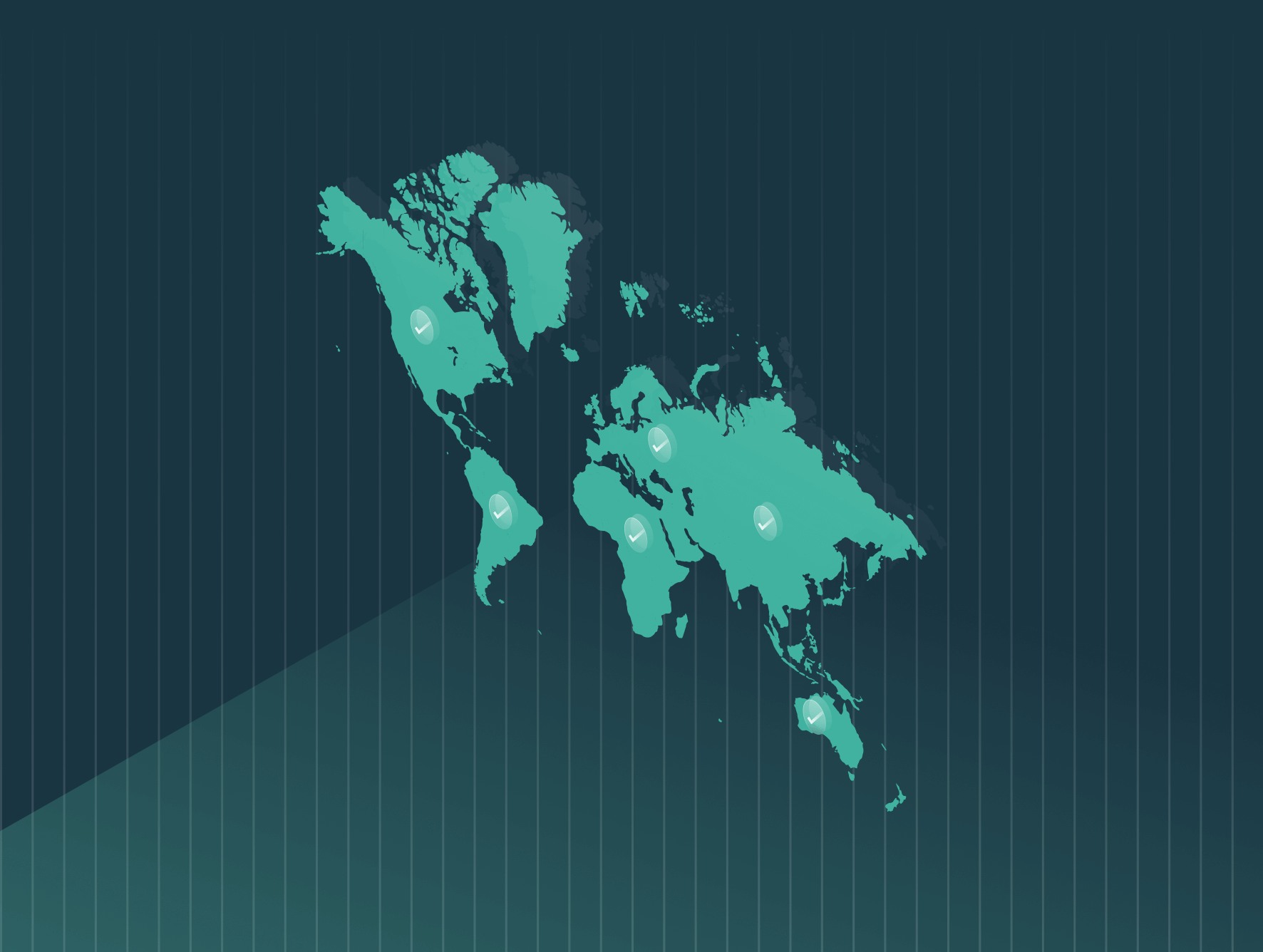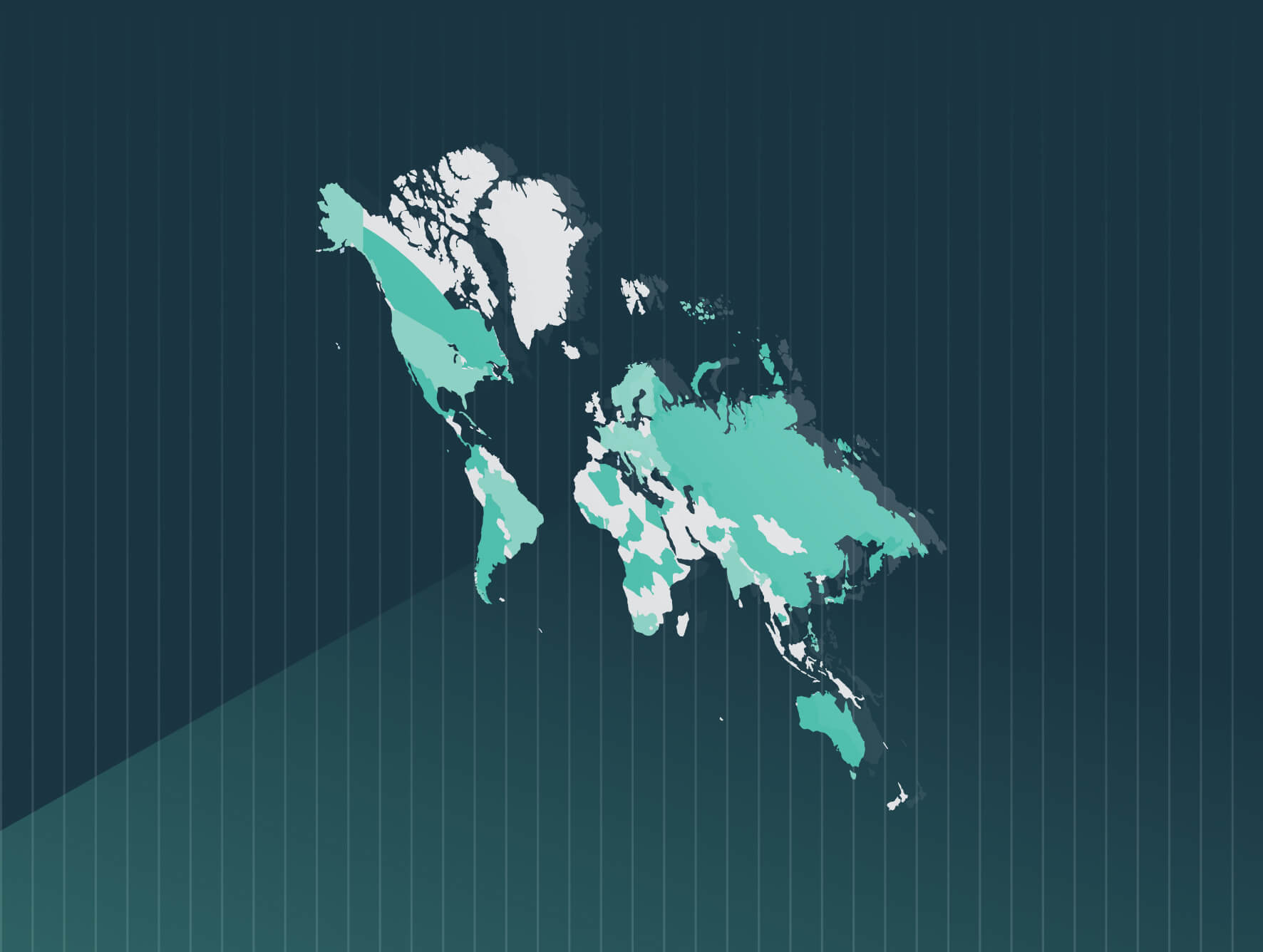Introduction
Two key acts govern equality in Iceland: the Act on Equal Status and Equal Rights Irrespective of Gender, No. 150/2020 (Equality Act), and the Act on the Administration of Matters Concerning Equality No. 151/2020.
Iceland’s Equality Act requires organizations with an average of 25 or more employees in a calendar year to obtain Equal Pay Certification. Employers with an average of 25-49 employees may instead receive an Equal Pay Confirmation.
Legislation on Equal Pay Certification came into effect on Jan. 1, 2018. Certification must meet the requirements of Iceland’s Standard IST 85 Equal Wage Management System (The Equal Pay Standard), first introduced in 2012.
Iceland was ranked the most gender equal country in the World Economic Forum’s 2024 Global Gender Gap Report for the 15th consecutive year. Its gender pay gap is 9.1%, however, and some industries, including finance and insurance, have significantly higher pay gaps.
Iceland reporting requirements
Who needs to report?
Companies and institutions with an average of 25 or more employees must comply. Employers with an average of 25-49 employees may choose to obtain Equal Pay Certification or receive Equal Pay Confirmation, while employers with 50 or more employees must comply with Equal Pay Certification.
When to report?
Applicable employers are required to report as follows:
Equal Pay Certification: Employers must classify jobs according to the requirements of each role. Organizations have the flexibility and discretion to set their own criteria to reflect the work performed by each employee. Factors such as employee experience and skills should be considered for each role. Objective classification and measures must be used to prevent pay discrimination based on gender.
An independent auditor reviews the employer’s equal pay system to ensure compensation decisions are not discriminatory. If the employer is in compliance with Standard IST 85:2012, an Equal Pay Certificate is issued by the auditor who also notifies the Directorate of Equality. If the employer fails to receive a Certification, the Directorate of Equality can request for the company or institution to make appropriate amendments within a reasonable time limit.
Equal pay confirmation: To receive Equal Pay Confirmation, employers must demonstrate their equal pay system is non-discriminatory. Documents to be submitted include an equal pay policy, gender equality plan, and a pay equity analysis based on job classifications.
Specific jobs must be evaluated based on responsibilities, workload, competence and working conditions to ensure the same or equally valuable jobs are classified together. Job classifications must be based on predetermined objective criteria. If pay inequities are identified, employers are required to include a plan for improvement.
An Equal Pay Confirmation is granted when the Directorate of Equality confirms that all documentation meets the Act’s requirements.
Where and when to report?
Regulatory filing
Equal Pay Certification: The Directorate of Equality maintains a register of companies and institutions that have acquired Equal Pay Certification which is published on its website in an accessible manner. Details include employer name, address, ID, and the period for which certification is valid. Regulatory filing does not apply to Equal Pay Confirmation.
Equal pay confirmation: Employees must be informed of any gender-based pay gaps and ensure the results of the pay analysis are accessible. Confidentiality of personal pay data must be ensured.
Deadlines and Cadence
Cadence of reporting for Equal Pay Certification and Equal Pay Confirmation is every three years from the date of compliance. It is the responsibility of the company or institution to ensure certification is renewed. Initial certification was due by Dec. 31, 2021.
Iceland pay transparency requirements
There are currently no legal requirements for employers to post salary details to applicants or employees in Iceland regarding specific positions.
Employment equity standards
Employees must receive equal pay for the same work or work of equal value, without regard to gender. The term “gender” in the Equality Act refers to “women, men, and persons whose gender is registered as neutral in Registers Iceland.”
Gender discrimination is prohibited. If a woman, man, or gender-neutral person receives different pay for the same work, or for work of equal value, employers must demonstrate that the difference in pay is justified on grounds other than gender.
Employers are also required to ensure that women, men, and gender-neutral individuals are given equal opportunities for skills development and vocational training. Job vacancies must be equally accessible to women, men, and gender-neutral people.
Pay is defined as ”Ordinary remuneration for work and further payments of all types, direct and indirect, whether they take the form of perquisites or other forms, paid by the employer to the employee for their work.”
The risks of non-compliance
Enforcement is overseen by the Directorate of Equality under the Ministry of Welfare and Equality Complaints Committee. The Directorate may impose fines of up to ISK 50,000 ($350) per day on non-compliant organizations until compliance is achieved.
In addition, employers may be required to make amendments to achieve compliance within a reasonable time, or provide relevant documentation to the Directorate for monitoring purposes.
How can Trusaic assist with Iceland Equal Pay Certification & Equal Pay Confirmation Reporting compliance?
1. Comply – Use RAPTR™ to complete required reporting by compliance deadlines.
Stay ahead of evolving regulations with Trusaic’s Regulatory Pay Transparency Reporting™ solution, designed to help you determine applicability, meet deadlines, and submit compliant reports across EU jurisdictions with the click of a button.
Our Pay Equity Software Suite ensures your pay systems are legally defensible, gender-neutral, and future-proof — automating complex reporting and enabling GDPR-compliant data sharing through certified integrations with major HCM platforms.
2. Correct – Use PayParity® to understand, explain and resolve pay disparities.
Use PayParity to identify, explain, and resolve pay disparities across gender, race, age, and more. Whether you’re conducting proactive assessments or responding to compliance triggers like the EU Directive’s Joint Pay Assessment requirement, PayParity delivers defensible, data-driven insights. Our Remediation Optimization Spend Agent (R.O.S.A.) works as PayParity’s AI remediation partner to ensure you lower your pay gap below 5% while maximizing the ROI of your remediation budget.
3. Communicate – Use the Pay Equity Product Suite to communicate narratives and share salary ranges with confidence.
Comply confidently with the EU Directive’s pay range transparency mandates using Trusaic’s Salary Range Finder, which provides data-driven guidance for equitable pay ranges that can be shared with candidates and employees.
Our Pay Transparency Agent answers reporting questions instantly, and our Communications Agent crafts context-specific narratives — in any language — to support your public disclosures and internal communications.
The EU Directive
Iceland is an EEA member and part of the EU’s single market. Icelandic organizations with operations in EU member states will be required to comply with gender pay gap reporting in those countries per the EU Pay Transparency Directive.
Trusaic is GDPR compliant and can assist any organization in any EU member state in meeting its obligations under both the EU Corporate Sustainability Reporting Directive and the EU Pay Transparency Directive.








